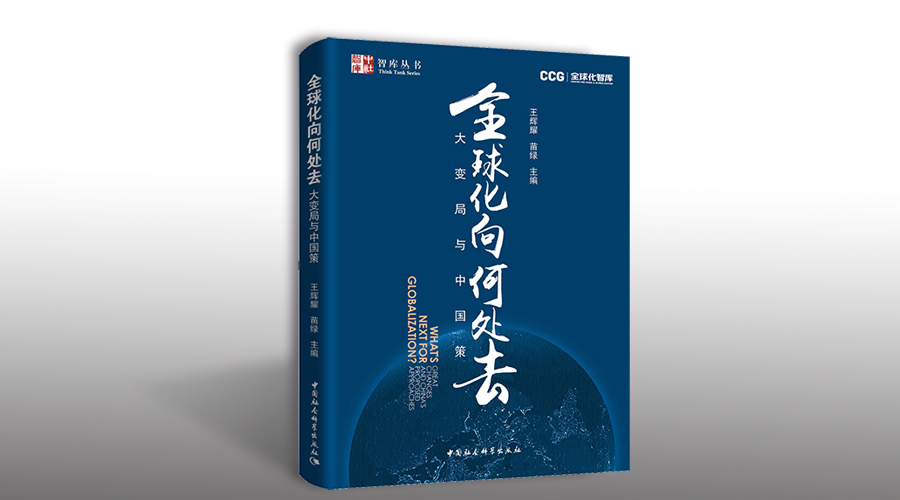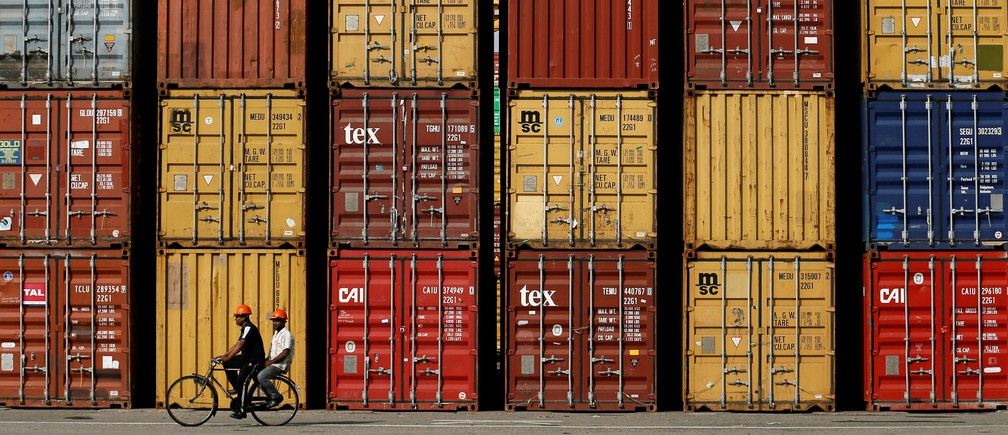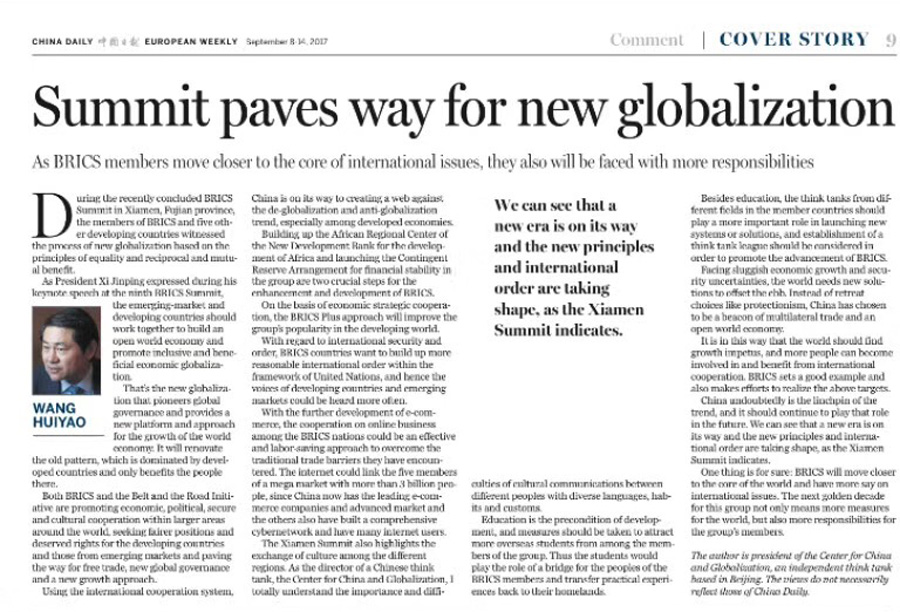The sound development of globalization depends on people. CCG focuses on the cultivation of international talent from a long-term perspective and participates in reshaping the international education environment in the era of globalization through in-depth research on global trends in international student mobility, study abroad, study in China, international schools, education for international understanding, China-foreign cooperative education, and international education philosophy and policies, so as to promote China’s open education and global educational exchange and cooperation.
CCG maintains long-time and stable relationships with renowned universities and international schools at home and abroad, as well as education administrations, international organizations, private organizations and enterprises. The series of blue books named Blue Book of Global Talent: Annual Report on the Development of Chinese Students Studying Abroad, published since 2012, and the Blue Book of China International Schools, published since 2016, have been well-received by the public.
CCG also has published a series of research reports, such as Building a New World Cultural Landscape under Global Governance and Education for International Understanding in China: Past, Present and Future, which are closely linked to the pulse of the times, providing timely and relevant recommendations to education-related governmental departments to tackle the opportunities and challenges in educational opening-up. CCG also organizes regular seminars on international education topics, both online and offline, to provide a platform for Chinese and foreign education experts to exchange ideas and provide the public with information of the latest developments in international education.
-

What’s Next for Globalization?
What’s Next for Globalization? Great Changes and China’s Proposed Approaches is authored by CCG President Dr Wang Huiyao and CCG General Secretary Dr Miao Lu, and published by China Social Sciences Press. This book gives a systematic explanation and reflection of globalization, as well as expressing expectations on the future of the process as the title hints. Also included is a detailed analysis of the "China solution”, as seen through the eyes of Chinese scholars in the field of globalization. Through this, the book aims to promote "China wisdom" and the "China solution" to the world in order to further progress globalization.
September 27 , 2018 -

Emanuel Pastreich: Can culture be used for consensus in NE Asia?
There have been multiple efforts to find common ground in Northeast Asia between China, South Korea and Japan over the last 20 years. For the most part, the focus has been placed on promoting trade, removing barriers to investment, and holding meetings between ministers, vice ministers, CEOs and technical experts.
September 14 , 2018 -

Cheng Shuaihua: 3 things the G20 can do to save the WTO
This week, trade and investment ministers from the G20 will gather at Mar del Plata in Argentina for the first time since the tariff dispute started in the spring of 2018.
September 14 , 2018 -

Wang Huiyao: Summit paves way for new globalization
As BRICS members move closer to the core of international issues, they also will be faced with more responsibilities During the recently concluded BRICS Summit in Xiamen, Fujian province, the members of BRICS and five other developing countries witnessed the process of new globalization based on the principles of equality and reciprocal and mutual benefit. As President Xi Jinping expressed during his keynote speech at the ninth BRICS Summit, the emerging-market and developing countries should work together to build an open world economy and promote inclusive and beneficial economic globalization.
September 11 , 2017 -

Sun Zhe: Reciprocal thinking should prevail
Sun Zhe, an acdemic adivisor of the Center for China and Globalization (CCG) and director of the Center of China-US Relations at Tsinghua University. Intellectual property has been a constant issue in China-US trade disputes since the 1980s, a time when the US and Japan were locked in an enduring trade war over steel, intellectual property and automobiles. During those days Robert Lighthizer, incumbent US Trade Representative, established his credentials by leading a campaign of voluntary restraint agreements, countervailing duties and anti-dumping duties against Japanese imports. He might try to do the same against China.
August 24 , 2017


